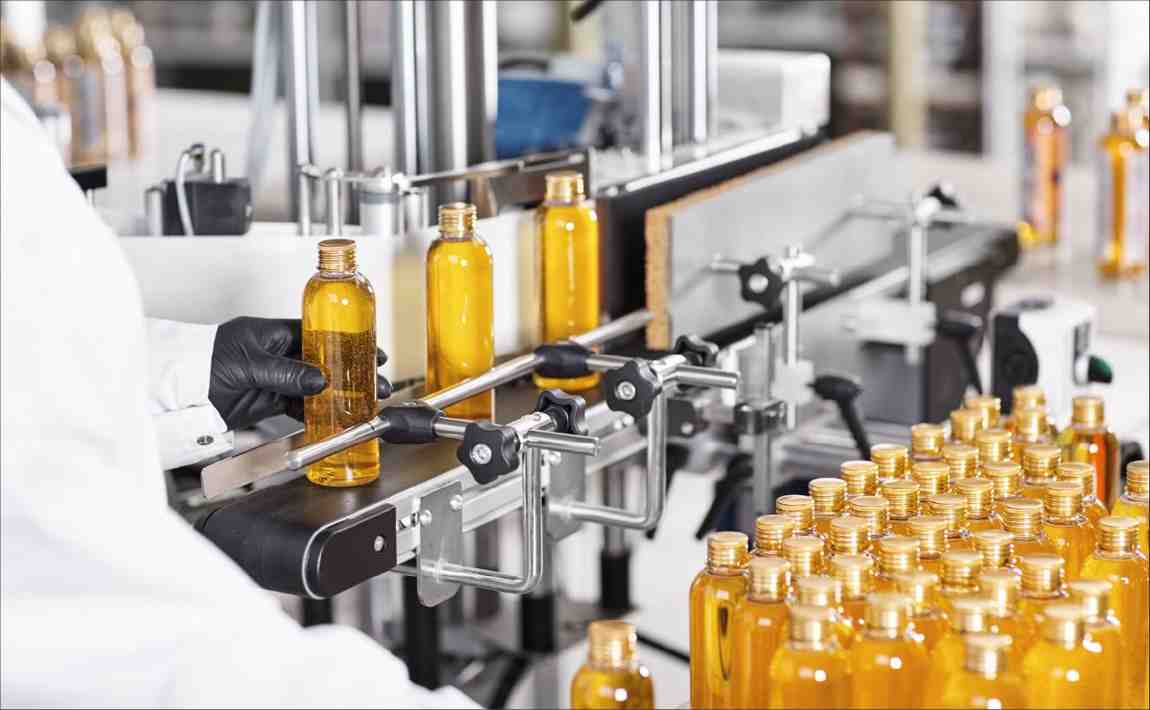How Spain’s Food and Beverage Industry is Leveraging Pentylene Glycol for Healthier, Longer-Lasting Products

The Spain Pentylene Glycol market is currently experiencing steady growth within the food and beverage segment, driven by changing consumer preferences, technological advancements, and regulatory frameworks that prioritize safety, shelf life, and clean-label ingredients. Pentylene Glycol is recognized for its multifunctional properties, such as moisture retention, preservation, and flavor enhancement, leading to its increased use in various food and beverage applications, including baked goods, dairy products, beverages, sauces, and processed foods. The trend toward healthier and safer food products has prompted manufacturers to seek ingredients that enhance product performance while aligning with sustainability and wellness trends.
Spain Pentylene glycol in food and beverages market was valued at USD 3.39 million in 2024 and is estimated to reach a value of USD 6.41 million by 2030.
A significant trend impacting the Spain Pentylene Glycol market in the food and beverage sector is the rising demand for natural and minimally processed ingredients. Consumers have become more aware of food labels and ingredients, seeking products that are devoid of synthetic additives, harmful preservatives, and artificial flavors. Pentylene Glycol's capabilities as a humectant and preservative, without compromising product quality or texture, make it an appealing option for formulators addressing these consumer demands. Manufacturers are progressively incorporating Pentylene Glycol into their formulations to extend shelf life while preserving product freshness, particularly in baked goods, confectioneries, and ready-to-drink beverages.
Additionally, the growing trend of functional foods and beverages is further propelling the use of Pentylene Glycol in Spain. Products that offer extra health benefits such as improved hydration, enhanced nutrient absorption, and superior sensory experiences are becoming increasingly popular among health-conscious consumers. In this context, Pentylene Glycol is leveraged to improve texture, mouthfeel, and stability, leading to the creation of fortified beverages, plant-based dairy alternatives, and fiber-enriched products. Its ability to enhance the delivery of active ingredients, including vitamins and antioxidants, without affecting taste or appearance adds considerable value to innovative product formulations.
Regulatory developments within Europe and Spain also influence the usage patterns of Pentylene Glycol in food applications. Food safety standards and labeling requirements established by frameworks such as the European Food Safety Authority (EFSA) urge manufacturers to communicate ingredient functionality and safety clearly to consumers. Consequently, companies are investing in transparent communication strategies and seeking clean-label certifications to build consumer trust and promote responsible ingredient usage, including Pentylene Glycol. Moreover, sustainability-focused initiatives aimed at reducing food waste and carbon footprints are pushing manufacturers to explore ingredients that support longer shelf life and improved product stability without resorting to synthetic preservatives.
Technological innovations in food processing and packaging have further amplified the demand for Pentylene Glycol in the food and beverage sector. New formulation techniques, including emulsification, microencapsulation, and controlled-release technologies, facilitate better integration of Pentylene Glycol across a variety of product types, ensuring stability, taste consistency, and enhanced hydration properties. These advancements allow food manufacturers to create products tailored to specific consumer segments, from athletes seeking performance beverages to elderly consumers requiring easily digestible fortified foods.
Finally, collaborations and investments by key industry players are driving research into bio-based and sustainable sources of Pentylene Glycol, thereby aligning with consumer expectations and global environmental goals. In Spain, several manufacturers are striving to minimize their reliance on petrochemical feedstocks by investigating renewable and plant-derived alternatives. These initiatives not only comply with regulatory standards but also provide a competitive marketing advantage in an increasingly eco-conscious market.
In summary, the Spain Pentylene Glycol market in the food and beverage segment is shaped by a convergence of consumer health trends, sustainability objectives, regulatory frameworks, and technological advancements. As demand continues to rise for clean-label, functional, and environmentally responsible products, Pentylene Glycol’s versatile properties position it as a crucial ingredient in the evolving landscape of food and beverage innovation in Spain. With ongoing investments in research, formulation technologies, and sustainable sourcing, the market is well-positioned for continued growth in the years ahead.